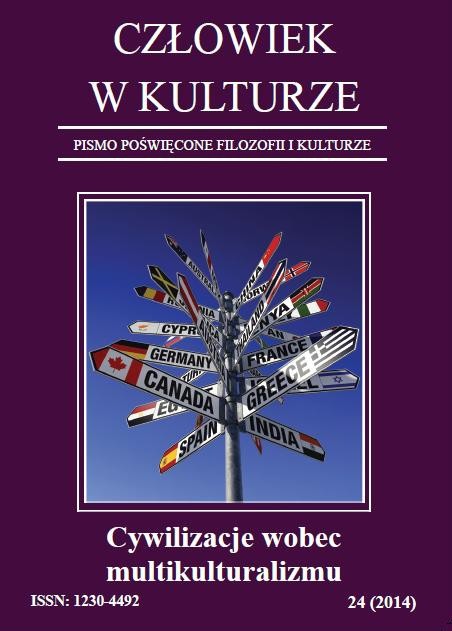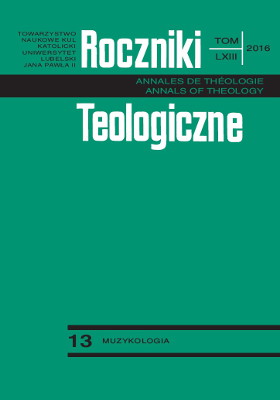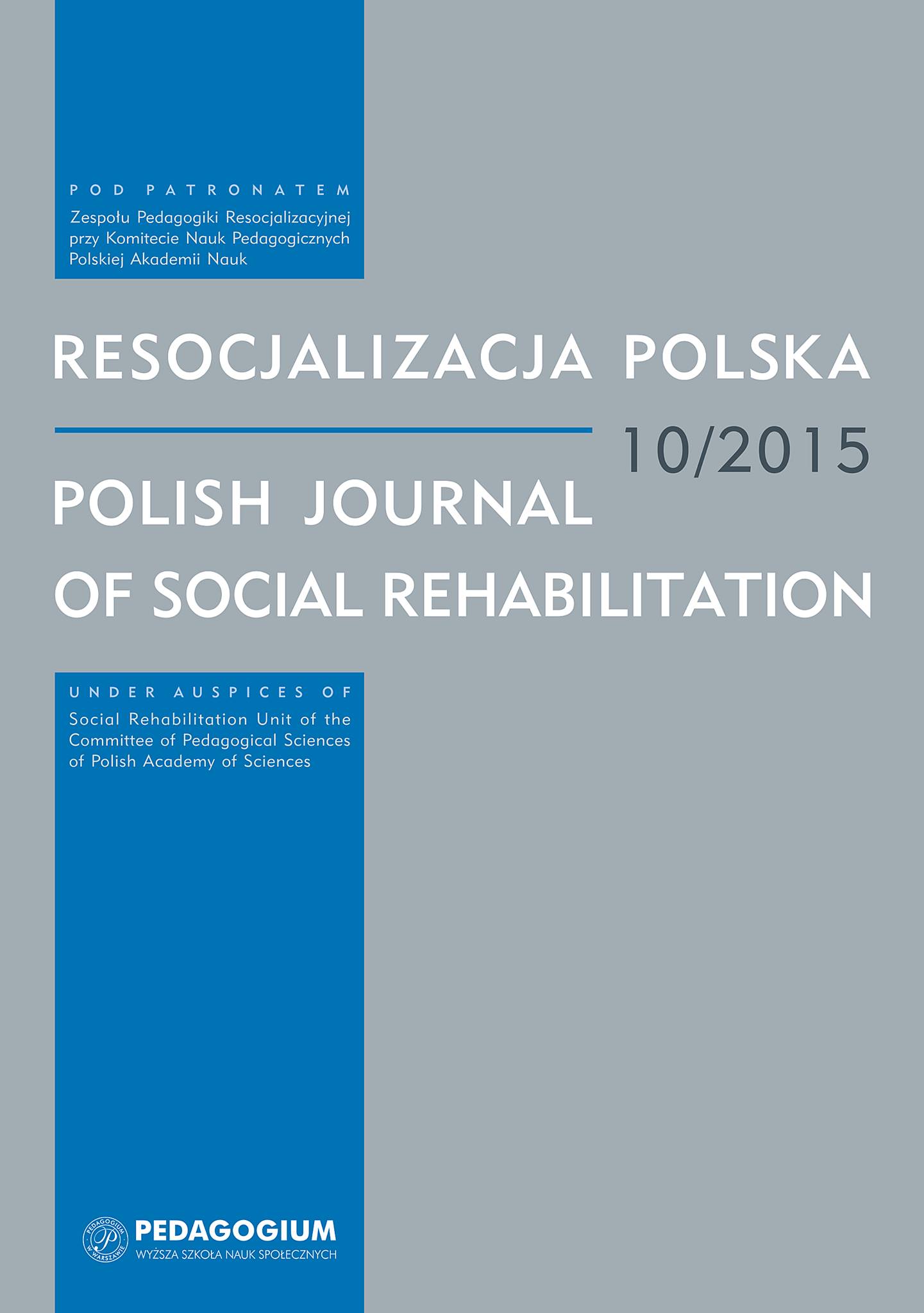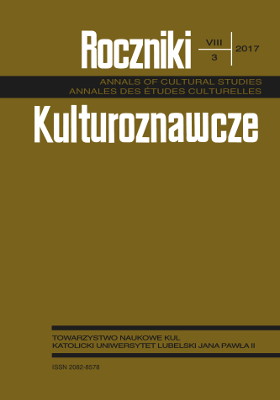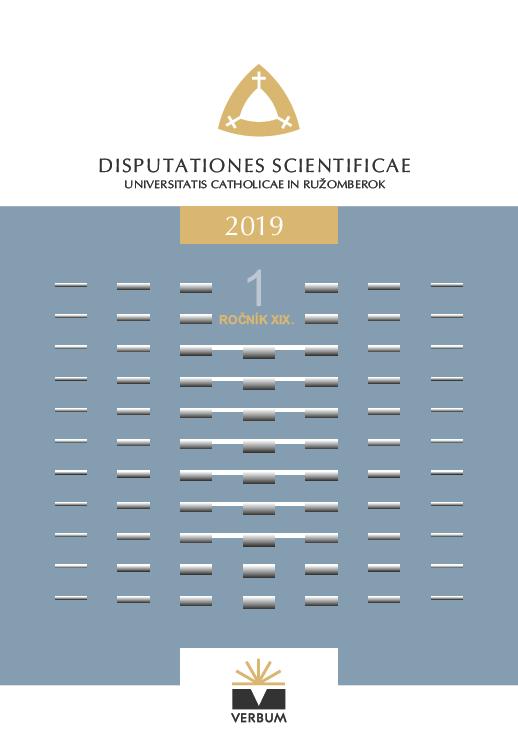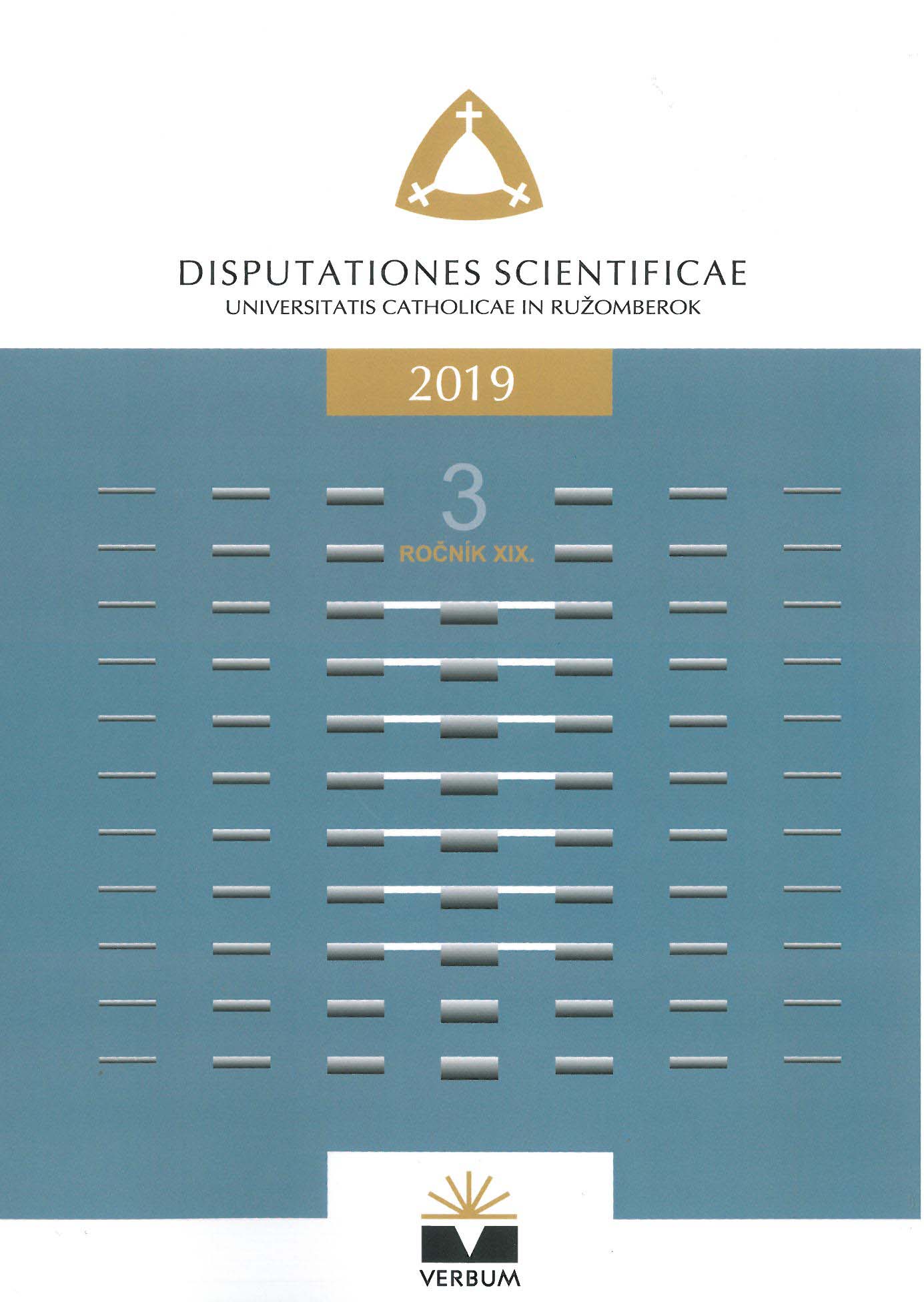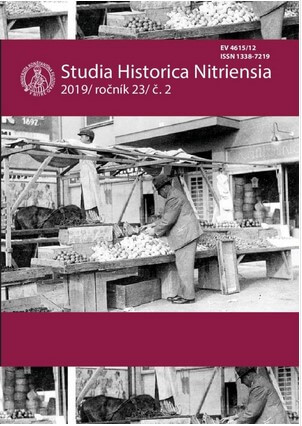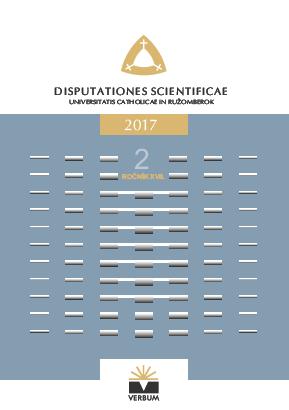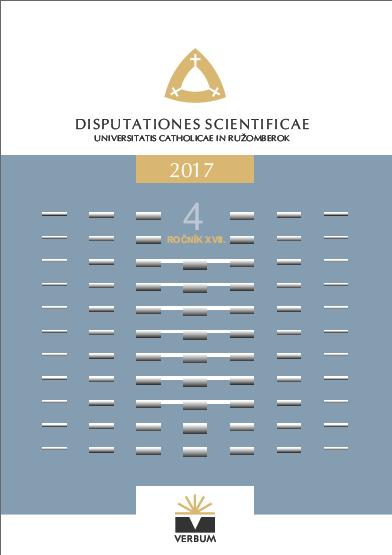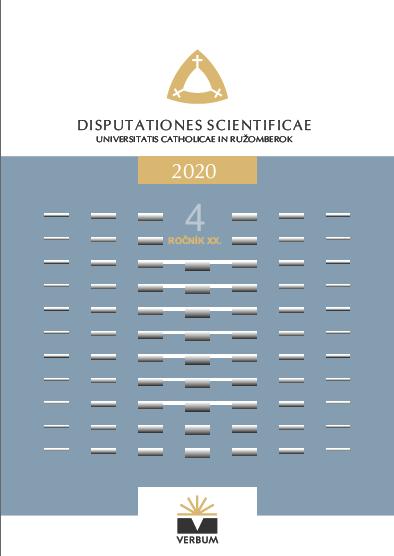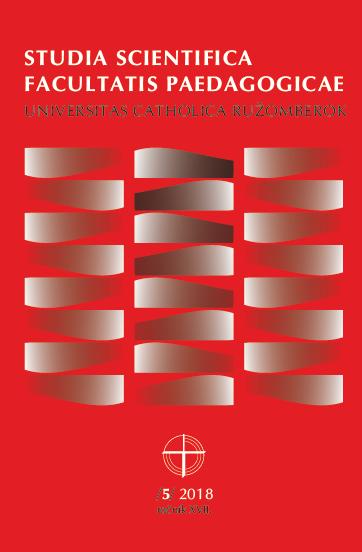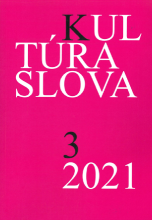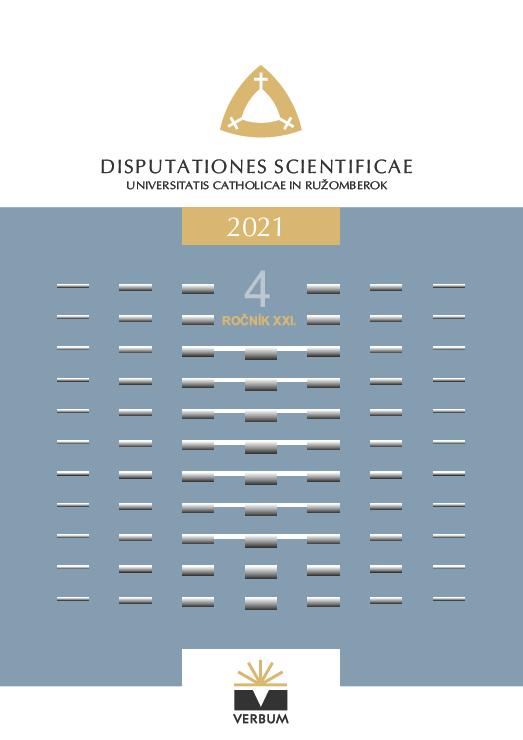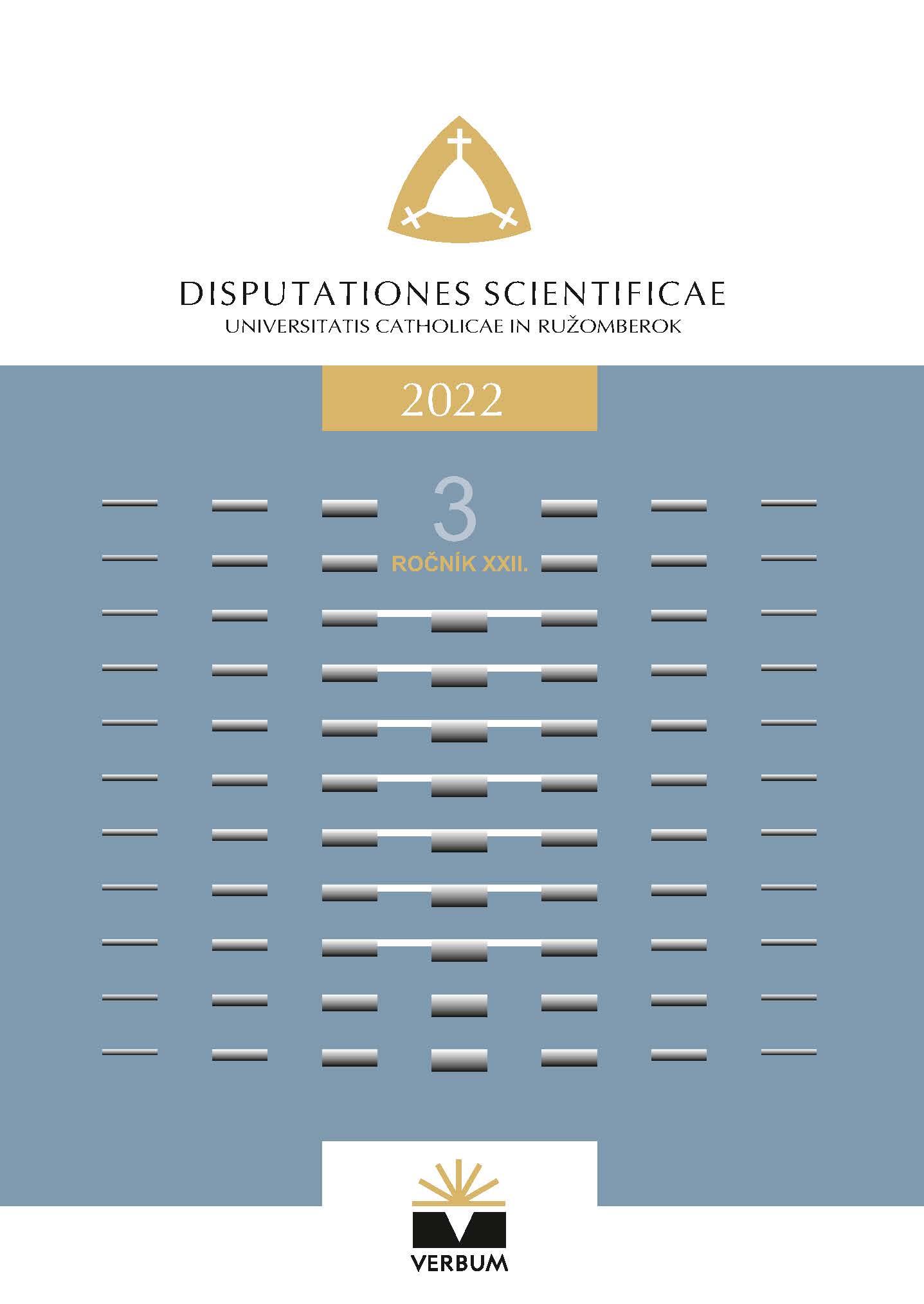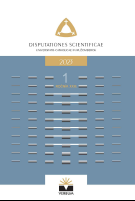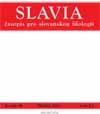
The Genre Typology of Occasional Poetry by Bohuslav Tablic
Žánrová typológia príležitostnej poézie Bohuslava Tablica
Keywords: occasional poems; genre development; pre-romanticism and classicism
The author reflects the question of the literary research of the occasional poems in this study. On the example of the genre typology of occasional poetry by Bohuslav Tablic he tries to show the possibilities of the further research in this field and finds them especially in the field of poetics (genre development), aesthetic receptions (reader’s reaction to the occasion poems), literary theory (artwork) and comparative literature.
More...
